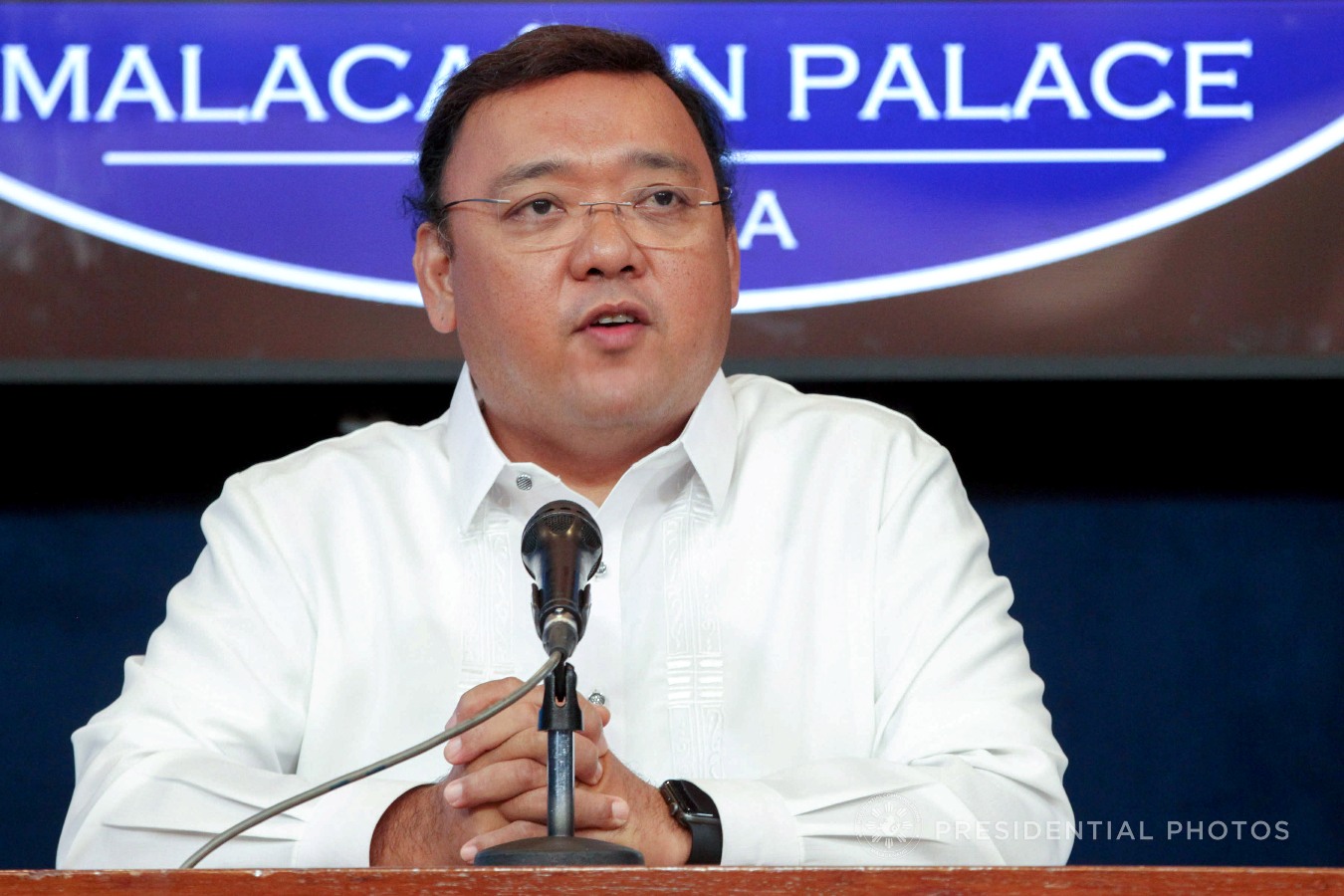
MANILA — As the bicameral conference committee meets for the final version of the Bangsamoro Basic Law (BBL), Malacañang is hoping that lawmakers would approve a BBL that is acceptable to everyone.
“It’s no longer at the hands of Malacañang. So I can only express the hope that there would be an agreement that will be acceptable to all,” Presidential Spokesperson Harry Roque said in a Palace press briefing on Thursday.
A day after President Rodrigo R. Duterte certified the BBL as urgent, the Senate and the House of Representatives passed on second and third reading on Wednesday the bill which aims to hopefully end decades of conflict in Mindanao.
“We are pleased that both Houses passed the respective versions of the BBL,” Roque said.
He said the certification was a signal that Duterte considers BBL as absolutely indispensable in the search for peace in Mindanao.
Roque said the decision of both houses of Congress to come up with a final version of the bill during the sine die adjournment of Congress.
“We are hoping that you know, Congressmen will also exert all efforts to make sure that this BBL will withstand judicial scrutiny, having learned already from the lessons of the earlier MOA-AD,” Roque said.
Roque was referring to the Memorandum of Agreement on Ancestral Domain (MOA-AD) which the Supreme Court declared unconstitutional.
“That’s why the bicam has to review it. That’s the last chance to make sure that it will withstand the test of judicial scrutiny,” he said.
A day after he certified the BBL as urgent, Duterte met with the Bangsamoro Transition Committee and members of both Senate and the House.
“He (Duterte) basically told everyone, ‘People, we need to work together’. So it’s really a process of give and take,” Roque said.
“The appeal of the President: ‘we have our own interest, let’s find common ground and let’s agreed on that’ and we are moving towards that direction,” he added.
Roque, a former lawmaker, said there is no need for the President to call for a special session since lawmakers will just be working in the bicameral committee itself “which does not require a special session”.